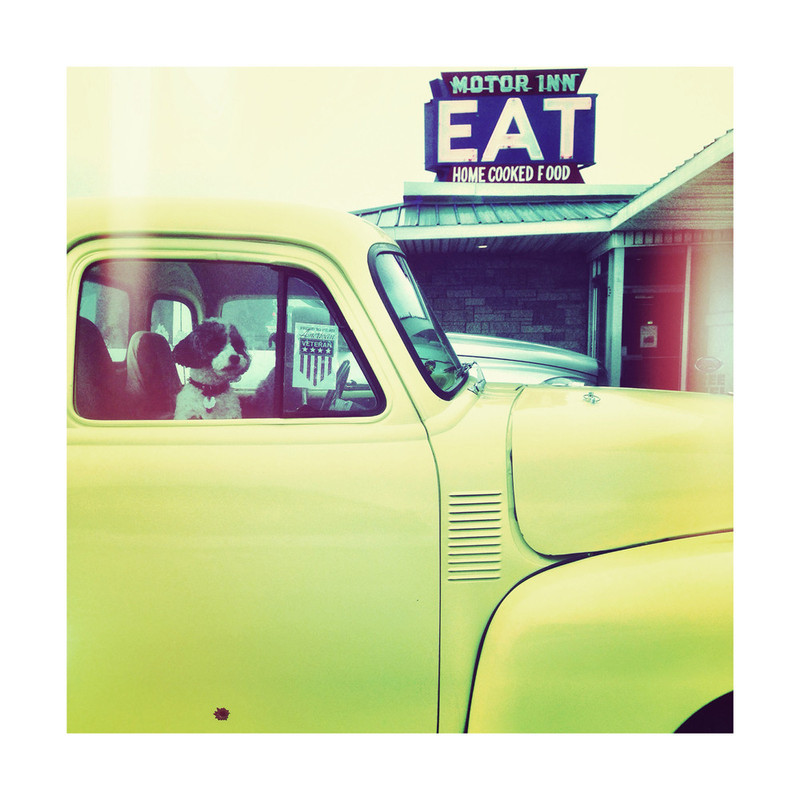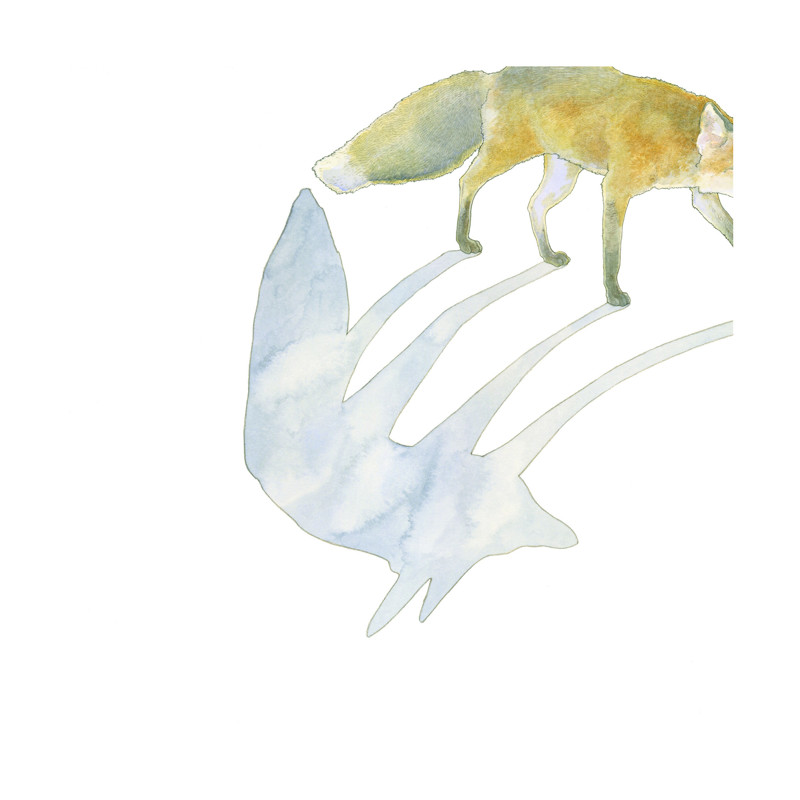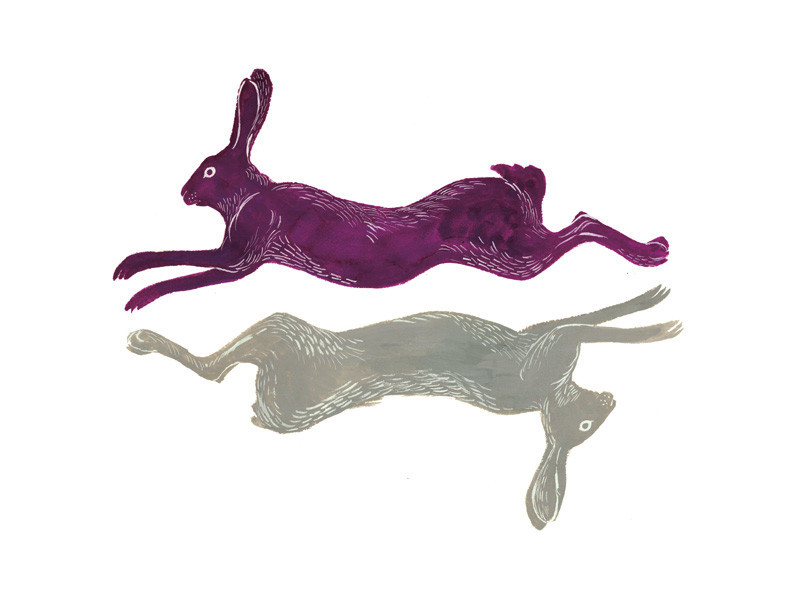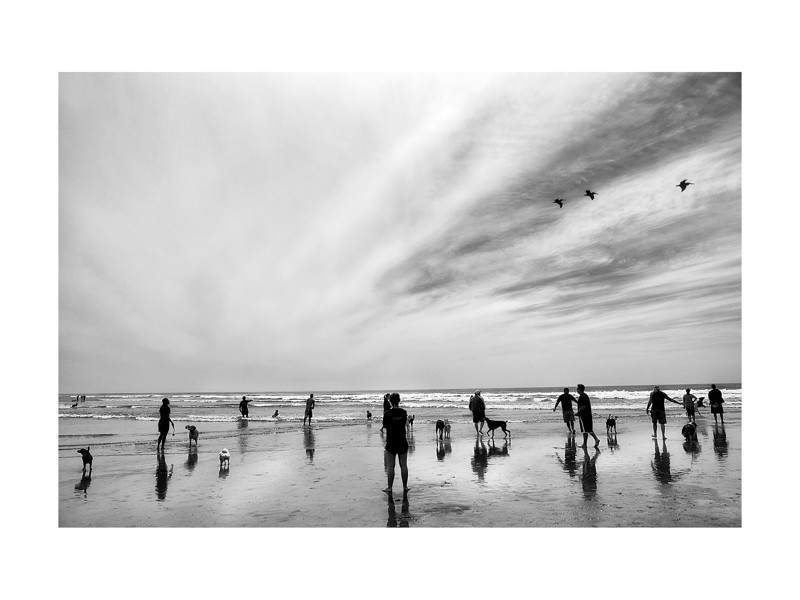 |
| Sometimes I call her my sweet baby...how could I not? |
There has been an editorial circulating lately, not unlike articles before it, written by an oddly bitter mother of three admonishing pet guardians who choose to refer to their dogs as "babies" or "furkids." It's not the first of its kind, but it's drawn a lot of attention because it is particularly critical and overly defensive, and the author attests that it is an insult to "real" mothers for people to compare pets to children. This woman is really angry. I'm not going to link to it here, but if you haven't seen it, just Google "No, Your Dog Is Not Your Baby."
I don't call myself a dog mom. I prefer to refer to myself as their guardian, because my dogs had mothers, and I'm not their mother. It's a semantics thing - perhaps being a poet, I want the exactly right word to describe my relationship to them, and to be completely honest I haven't found it yet, but 'guardian' sits well with me. By that same token, my friends, family and pet professionals
often refer to me as such. When my dogs greet me after work my dad says to them "Your mom's home!" When my vet brings Boca up from the back of the office she say's "There's mom!" My best friend says "You're such a good dog mom." My girlfriends threw me a dog shower to celebrate Boca's adoption. Sometimes I use #dogmom on my
Instagram pictures because I know it will get them more views. Plenty of my blogger friends like Amanda from
Dog Mom Days and Kimberly from
Keep the Tail Wagging refer to themselves as dog moms and it doesn't bother me in the least - why should it? Their dogs, their families, their identities. It doesn't infringe on my relationship with my dogs or what I choose to call them.
Why, then, are some of these mommy bloggers so up in arms about it? I must admit that it reminds me a little of people who feel threatened by gay marriage. Why is someone else's idea of motherhood an insult to your own? I also wonder if it is one of the last holdovers of the perceived
threat or discomfort with the unmarried, single and/or childless woman. So what if someone wants to dress their dog up or push it around in a stroller (as long as these things don't cause stress for the dog)? So what if someone wants to call their dog their baby, furkid, son or dogter? I have trouble understanding how this is a personal affront to someone who has chosen to have children.
I admit that I bristle a bit when I see or hear things like "you don't know what love is until you have a kid." I'm certain that it is a transformative and transcendental experience like no other. It's true that I will never know what it's like, but I do know what it's like to be loved that way by my own mother, and I never really felt the need to dissect whether she loved me more or differently than our animals - we were all family. She loved us with her whole being, and I learned how to love from her. She kept a dog that growled at me its entire life; some would frown on that, but he came before me chronologically and she didn't feel I was in real danger. I was taught early on to respect his space, and I turned out just fine. I turned out
adoring dogs, in fact, even though my first dog "sibling" was not exactly welcoming. Something else I can't comprehend is the high number of dogs who are abandoned after people have kids - the author of the article says as much, although she kept her dog - "I loved my dogs, and then I had kids..." as if their capacity for love is finite, and something had to make space or be given up to make room for love of a new child, like the one in/one out policy of an exclusive club. I think the rant's author is behind the times, frankly. Americans will spend close to
$60 billion on their pets this year. Last weekend at the annual library book sale, the dog books were in a section labeled 'Pets and Parenting' and I had to wade through all the baby books to get to the good ones.
Love of a human child may well be a singular and exceptional emotional experience, but so is love of a dog. Just as I cannot possibly know exactly what one mother feels for her human child, they can't know exactly how I feel about Ruby and Boca. I imagine that, based on how much I worry about my dogs, that parenthood is heart-achingly intense and intensely overwhelming, as well as incredibly rewarding. I would probably be the worst helicopter parent of all time. I have read a lot of books about parenting, childbirth and adoption, because I'm fascinated by experiences not my own. The insulted mother might take seven minutes to watch
this touching video - can anyone be unmoved by that? I loved Lasya and Freya, but something changed when I adopted Ruby. Perhaps it was her
unique challenges, the fact that she was my first small dog, the end of my long-term relationship coinciding with my adoption of Boca and the doors of my child-bearing years closing swiftly (though I'd firmly decided years ago that children were not for me), but my devotion to them is deeper and more profound than anything before. They are one of my top priorities and their well-being is of the utmost importance. I ensure that they eat well - the best I can afford - have veterinary care and
insurance, and lives filled with enrichment and things that they enjoy. I take care of them the best I can, and sometimes they take care of me. It's not the
same as raising a child, but there are certainly plenty of elements in common.
I don't consider my dogs my kids, but I do consider them family. My commitment to them lasts their lifetime, and I take them into account with every decision I make. I don't need to be told what love is or how this love is somehow lacking. And let's not be overly generous and generalized: I know plenty of animals who are more well-loved and cared for than a lot of human children. Motherhood isn't a job equally embraced and accomplished by all who give birth. It's a role differently played by each and every one, and if someone feels that they are a mother to their dog or wants to call it their baby, I don't see how that takes anything away from anyone else. Meanwhile, I'll call my dogs whatever I want. Babies, gingers, sisters. I call it love.






















